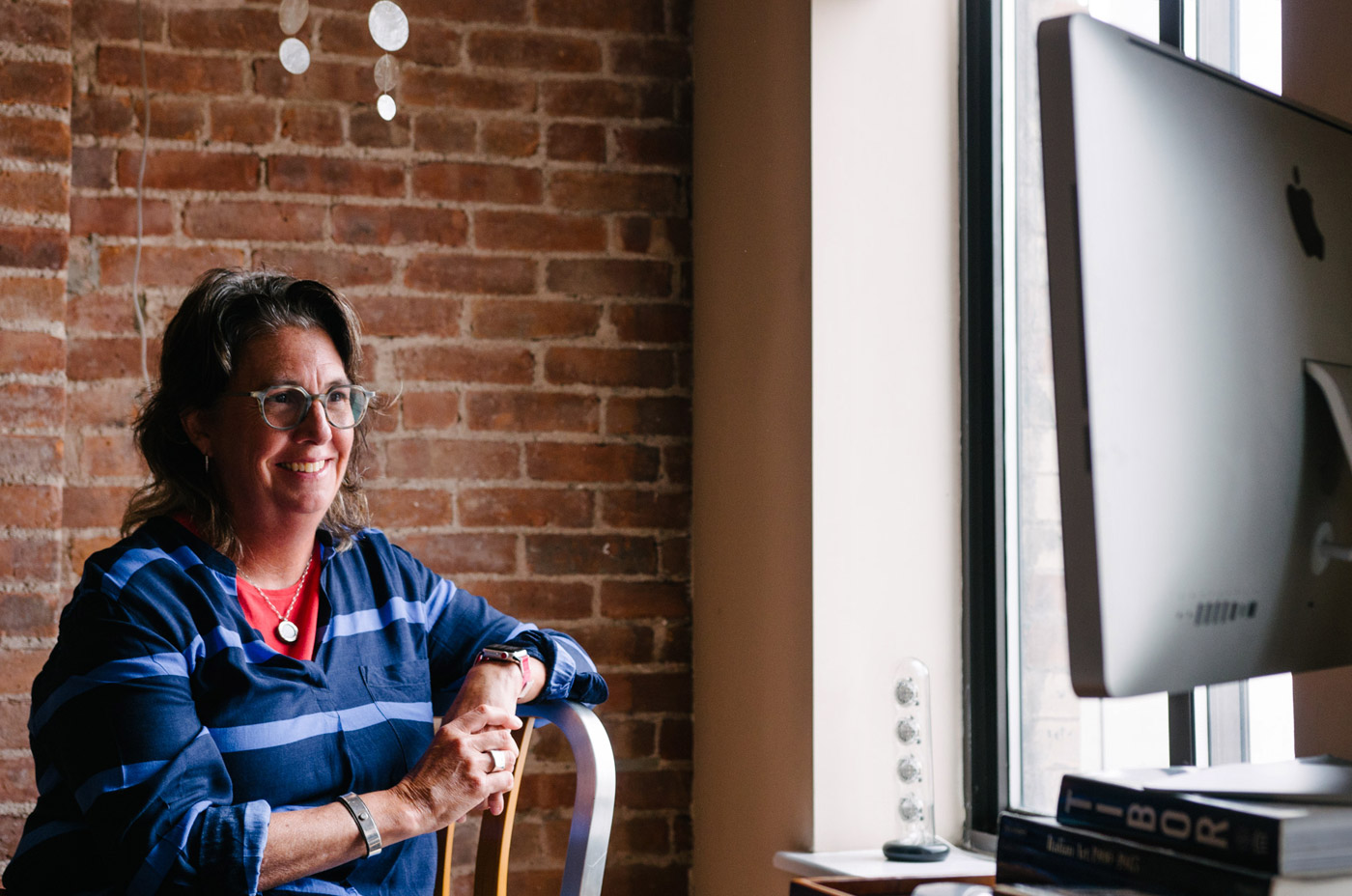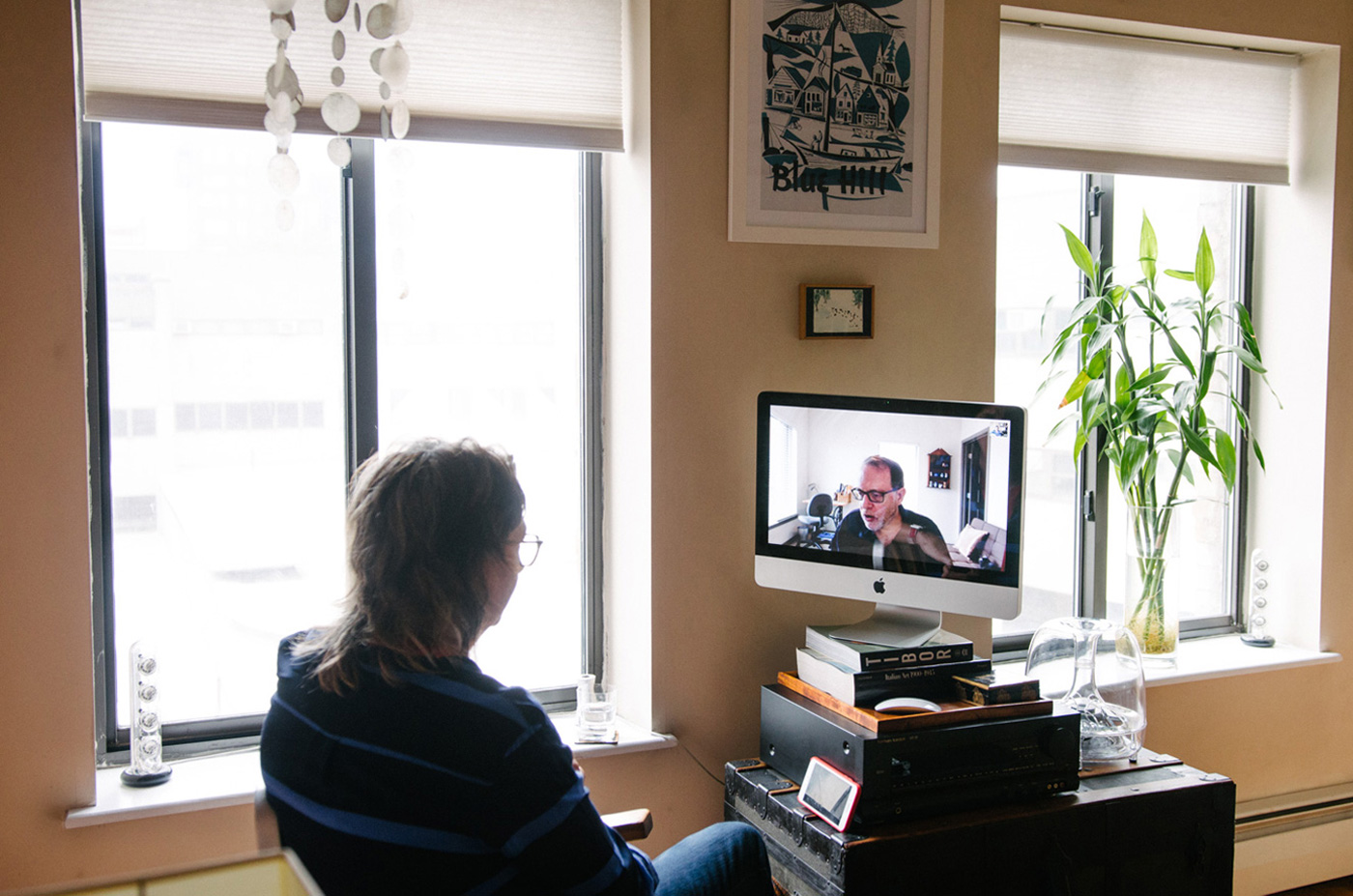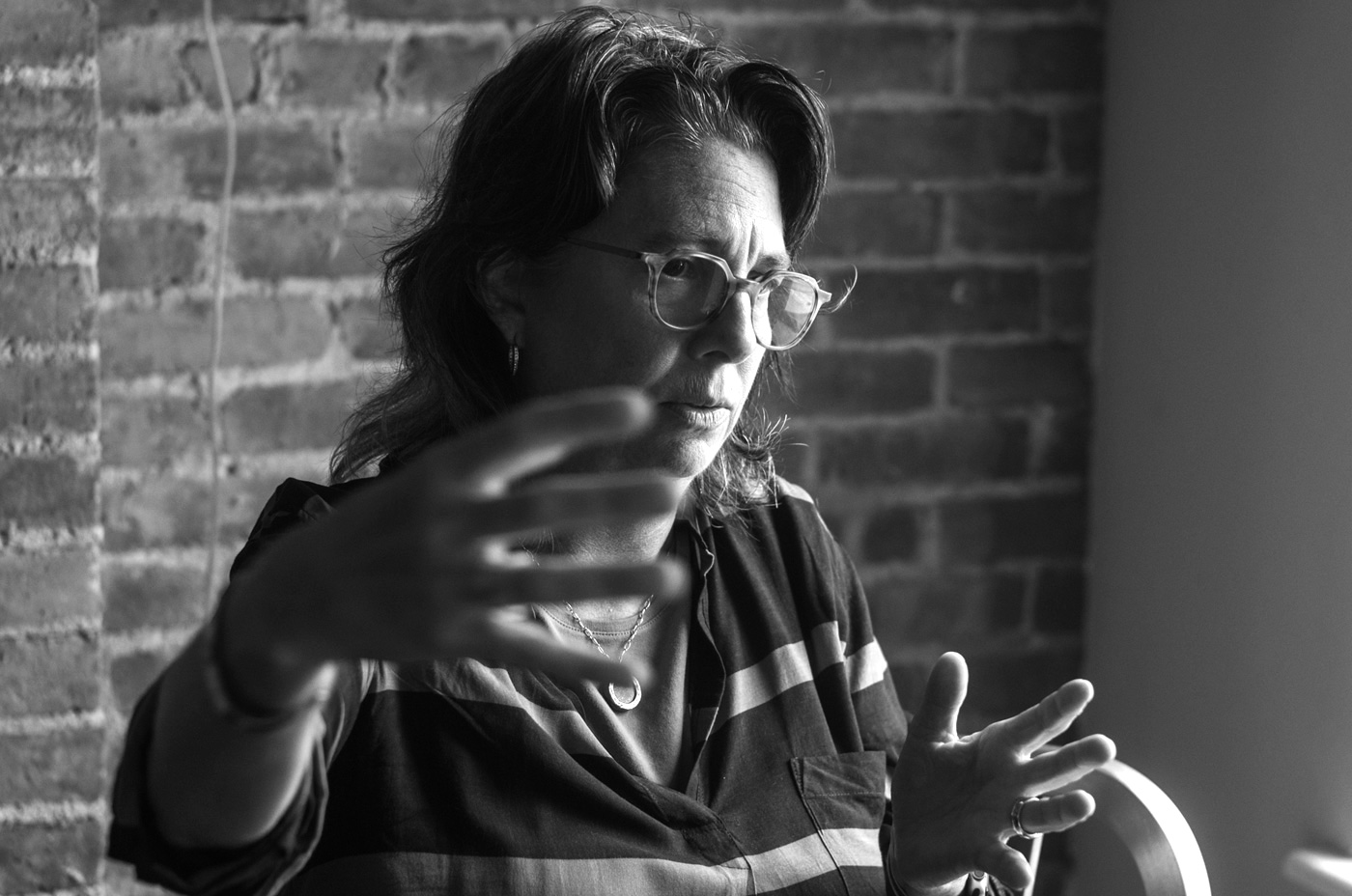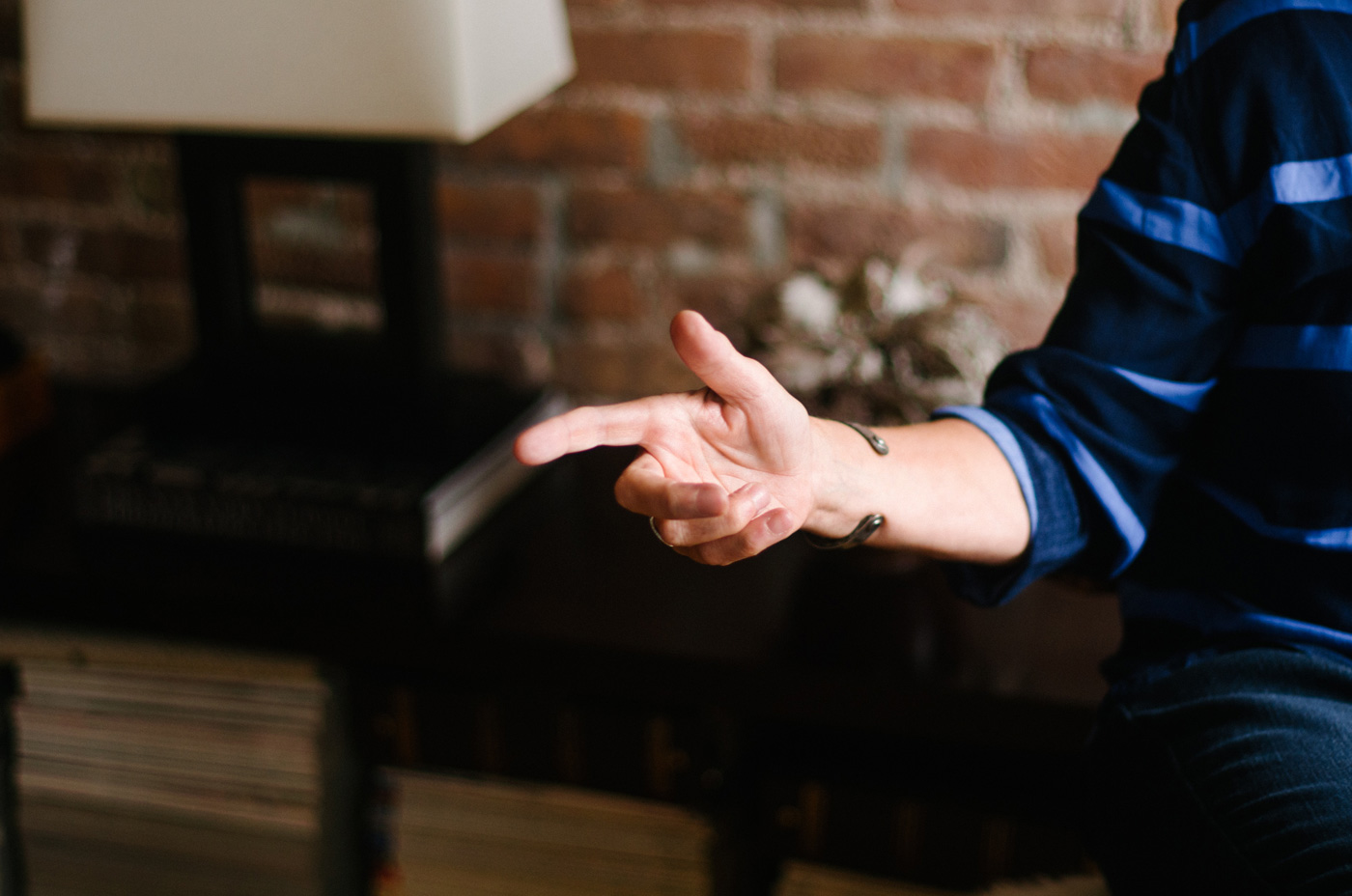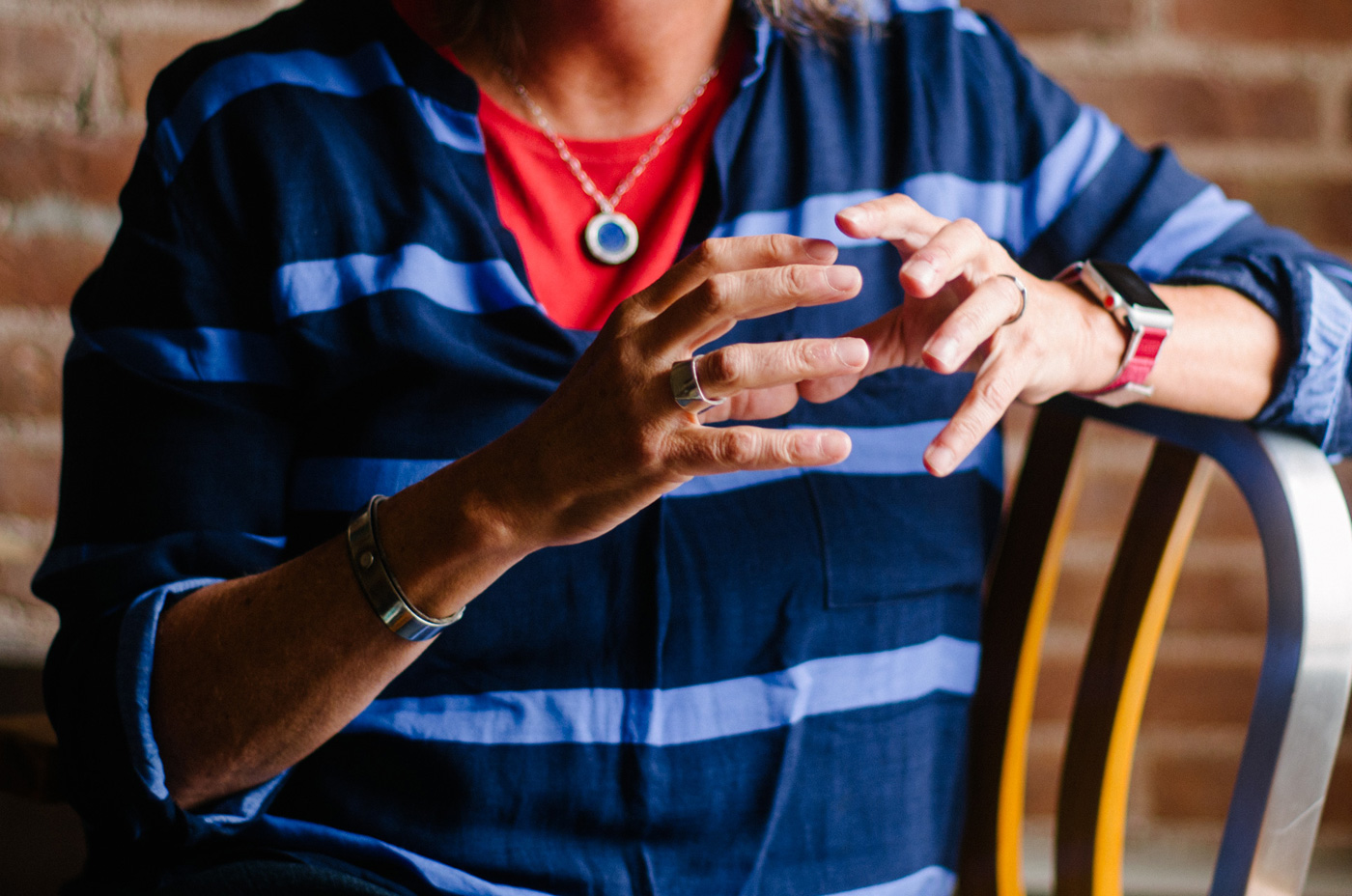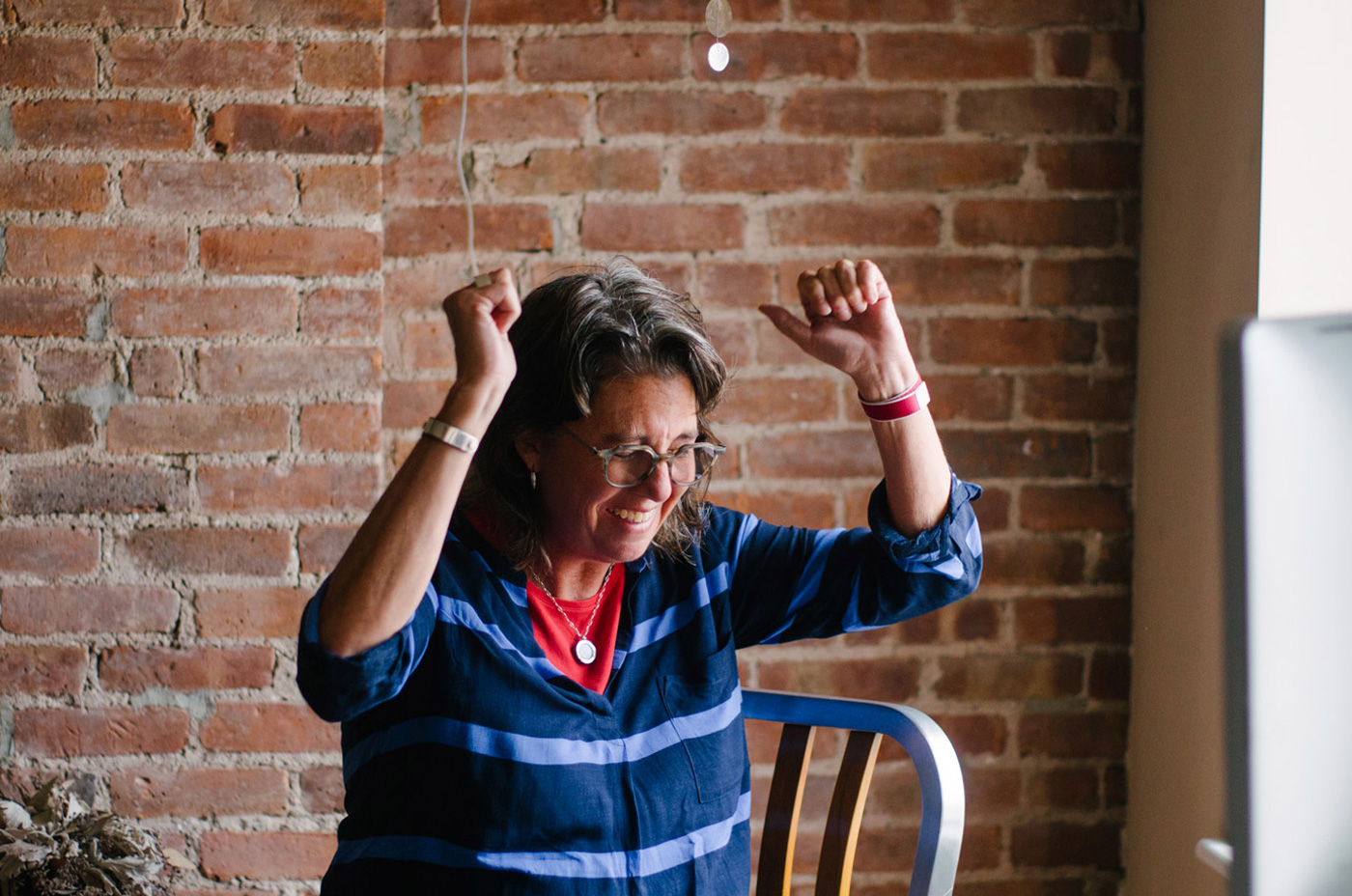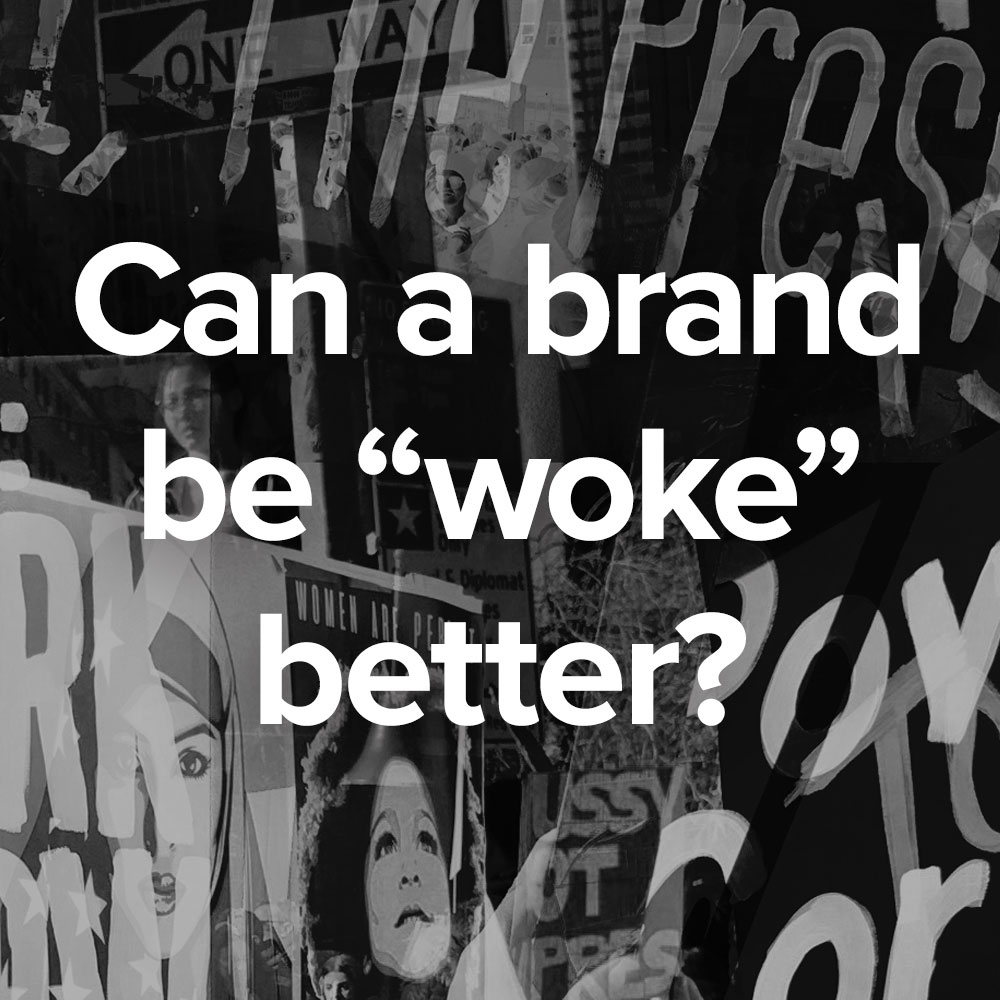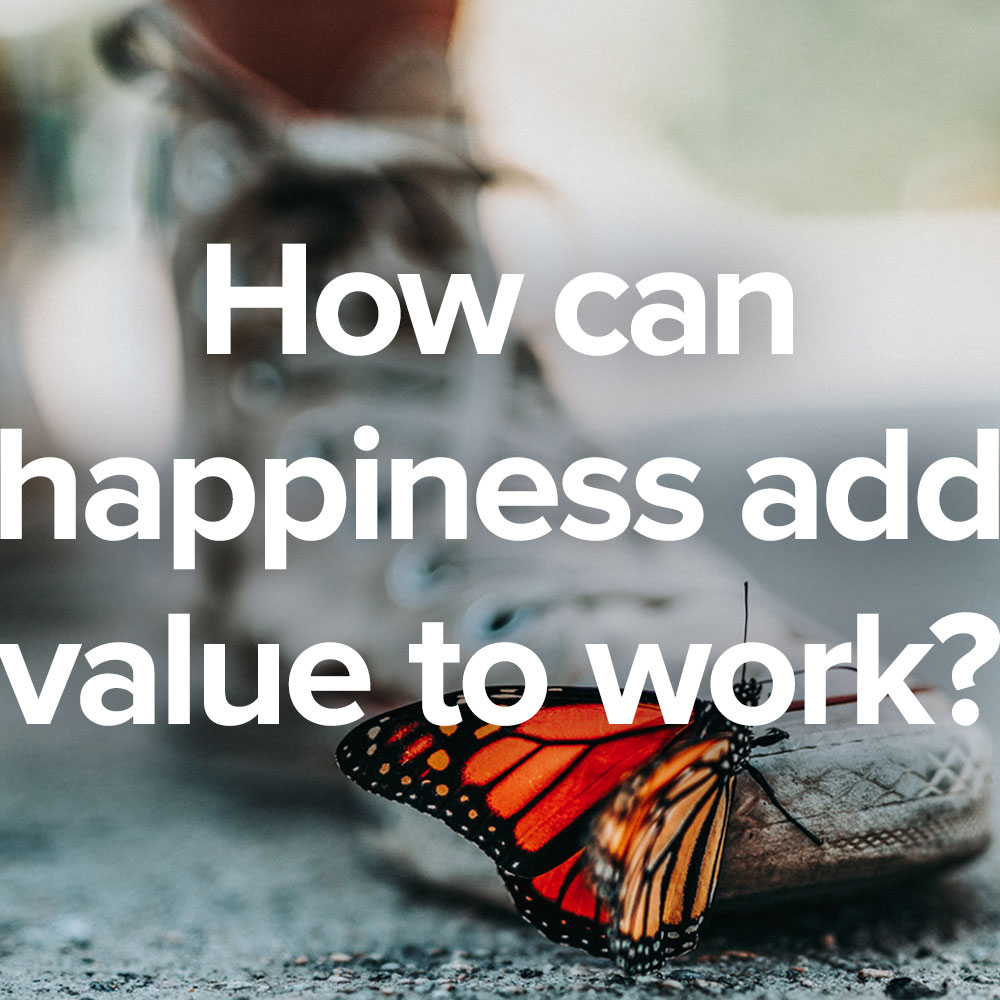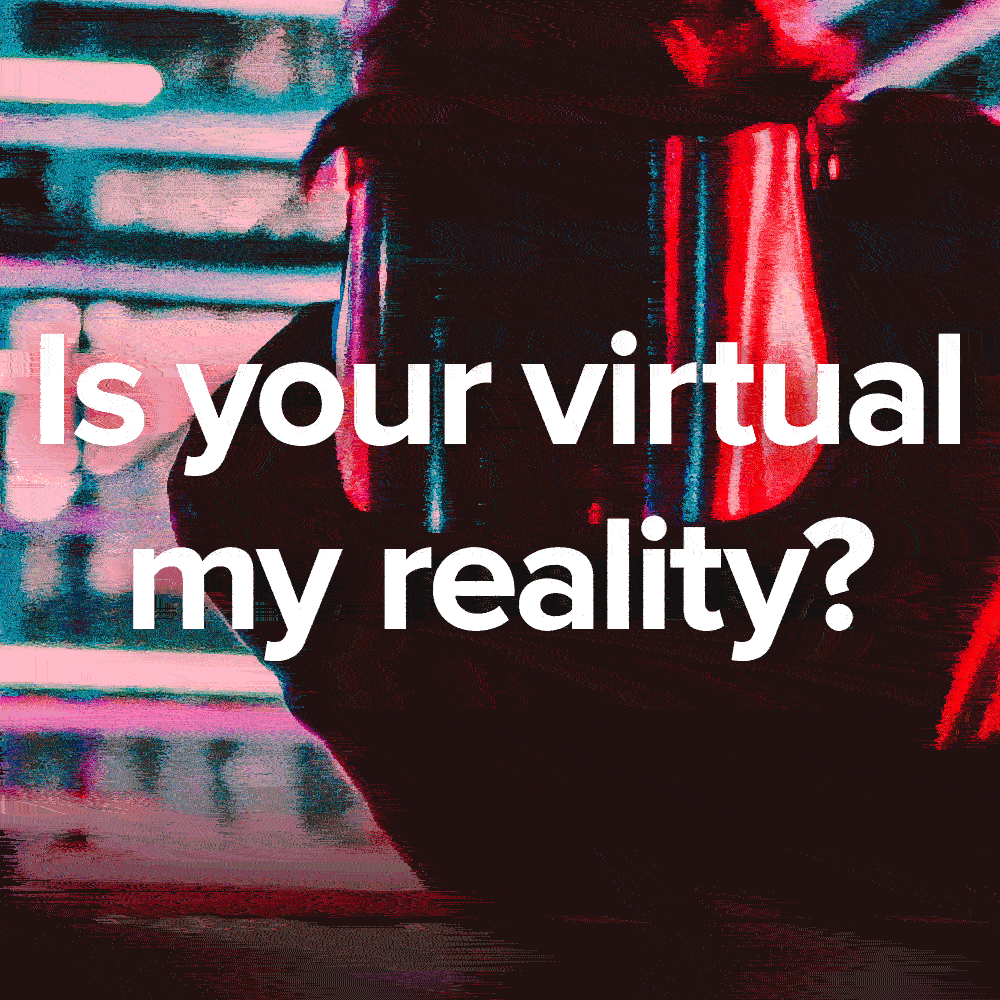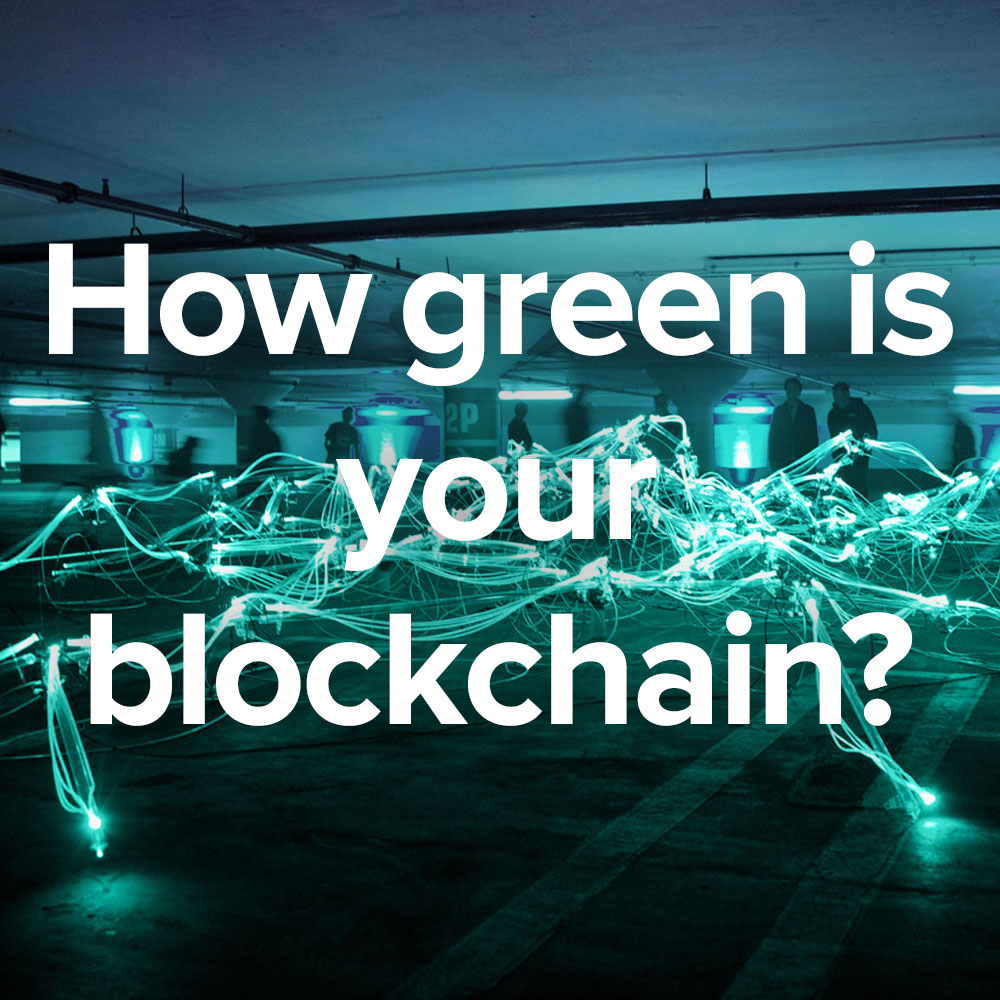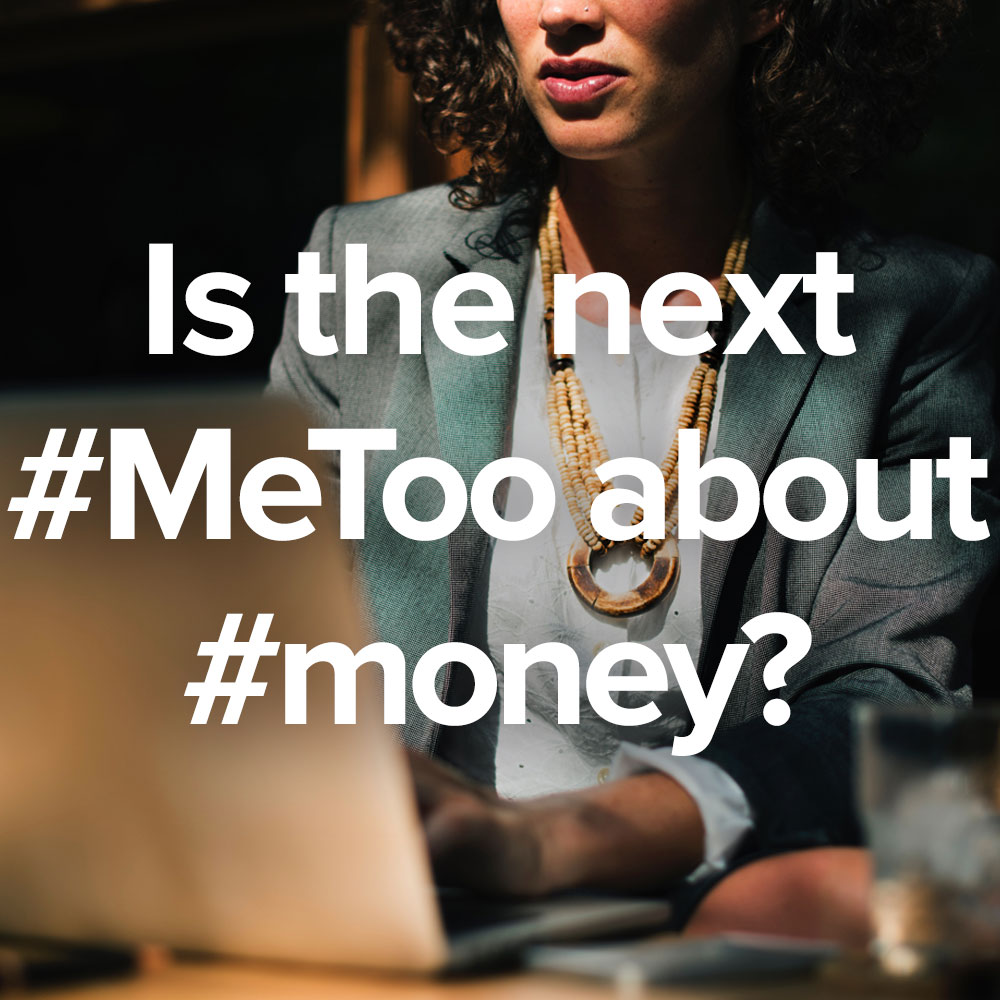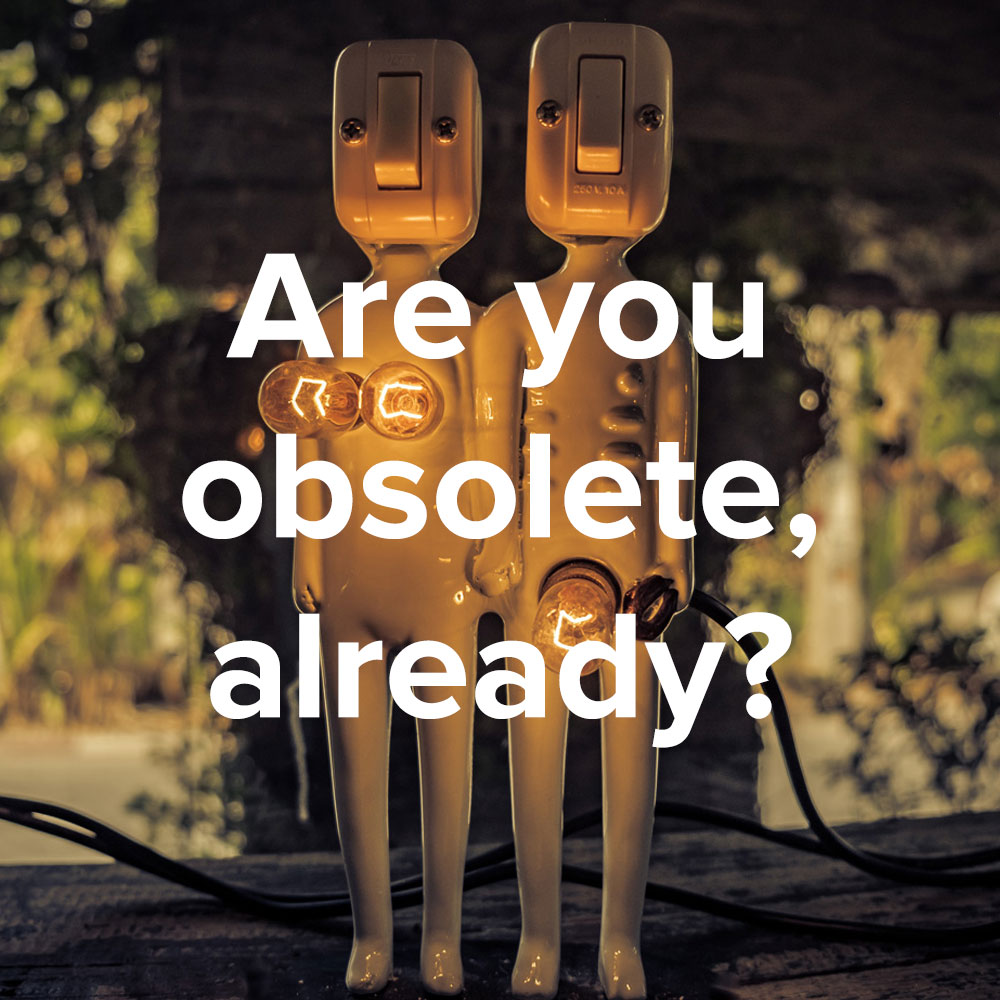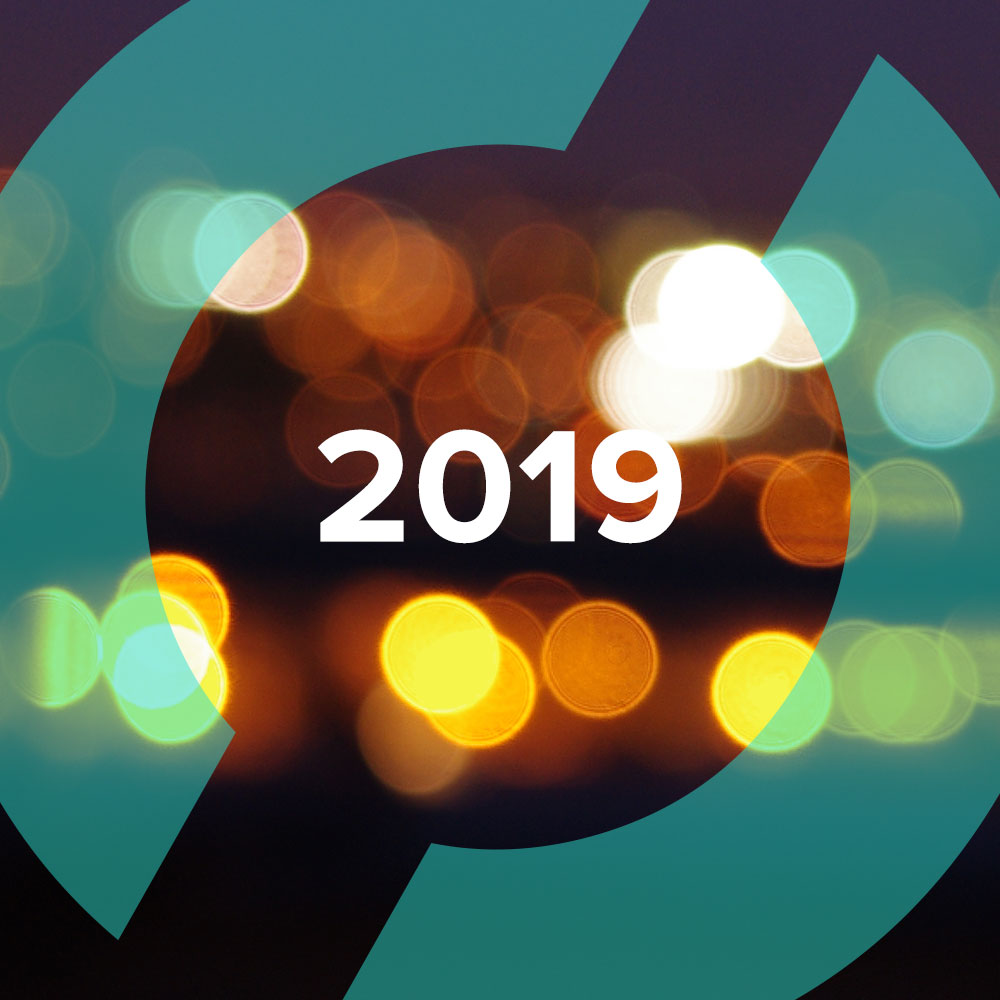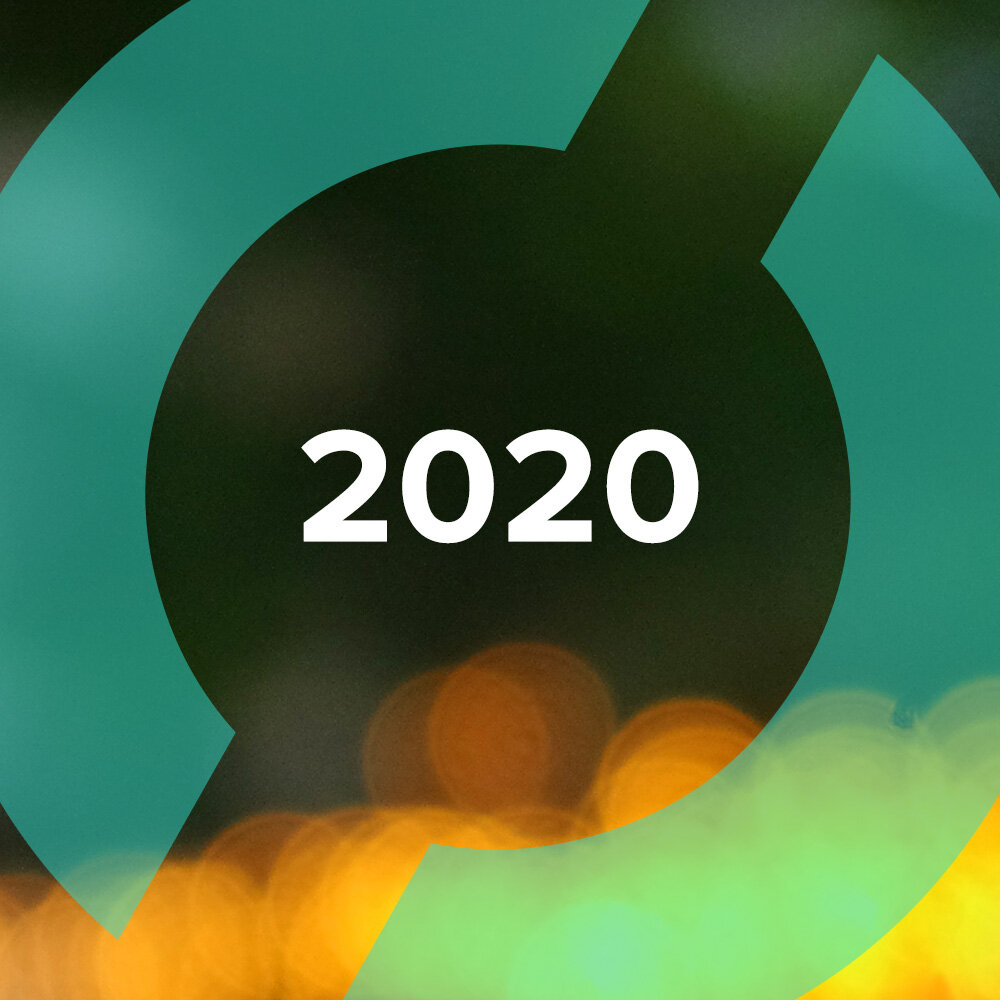“_________”
Jamie on Preservation.
That’s what I love about what I do. It’s like keeping the truth and providing the truth for the future. There’s been content that I’ve worked on that gets me a little choked up, because it’s educated people. It kind of hit me one day, I’m like, “This is really cool. When I’m dead and gone, people are going to be able to see this and I had a little something to do with it. Awesome.”
— Jamie DiVenere
Media Archiving, Curation, Metadata Management & Digital Strategy for Viacom’s The MTV Vault Project
— It’s hard work to capture time as it’s passing, to freeze it, analyze it, and package it for the future, and it’s probably even harder still to retrieve it further on down the road. But is anything more vital, more poignant? At the end, if the scenes of your life—the moods, the people—have blown by so fast you can’t recollect them, or you were simply distracted, what do you have? Better not to have let them slip through in the first place.
I’m thinking about this cause I’m thinking about the interview I just had with Jamie DiVenere, a New York-based media consultant specializing in archives. Maybe if I asked sweetly, Jamie would take the VHS tape of my two-year-old son riding a self-propelled plastic motorcycle, and the one of my daughter’s first hit in softball, and digitize them for posterity, but that's not really her thing. For companies, Jamie makes sense of the scattershot, organizing the random as she helps monetize the memories and vital moments in history. Jamie recently finished just such a digitization assignment, The MTV Vault Project, for MTV and VH1, two brands of Viacom. Memory preservation, yes. But MTV can also now sell that content, or at least not have to pay external stock licensing sources for content it owns but can't find because they didn’t know what they had within the context of the archived assets. I want my MTV? Even MTV wants its MTV.
Jamie, “media consultant” is a nice way of wrapping up all that you do, but let's break that down. Sounds like you are part library scientist, part media guru, part communications person, and a whole lot more.
Jamie — Well, I’m not the science part of it, I’m not the tech. I tend to hire people much smarter than me for those skills, the research, the meta-tagging, the tech support, and the data modeling. But there’s a few different things I do: I come in to stand up a project to get content archived and to create the metadata that’s applied to the content, as well as to curate the good video content from the bad, to find the most usable content that can be monetized, that is of high value.
Do you need “people skills” for this?
If you want buy-in from the client’s business and to build and manage teams to make it all happen, yes. One of my key strengths is collaboration and relationship-building and getting a company’s departments to talk to each other and give feedback, so I can understand the pain points and the successes of how they are working today and how they could use new technologies to move forward and find new ways of managing data. If you go into the database of a back archive of a media company, and it's not accurate or hasn’t been verified, you’ve got a problem. You can't really move it forward to monetize content in a cost-effective fashion until the video files and metadata for those files are standardized.
Take MTV. There were over four million physical assets in the MTV brand alone, and while the Viacom library did an amazing job of managing the tape circulation, the archive definitely needed to be transformed into a digital state for workflow efficiency and cost-savings sake.
“MTV had gold. But they also knew the tapes were on a path of physical degradation, in addition to being aware of the obsolescence of the related hardware. This can be a known thing, but that doesn’t always drive companies to write the check. You need savvy leadership.”
How do you determine what's of value? How long did it take to do so?
You start with peer reviews, not just from the people who created the content but also the people who use it. Our goal was to extract the best footage. So, if an interview that everyone saw on television was one minute, you can bet there were many more minutes of raw content behind that that very few people have seen. We went back to the camera masters to digitize to ensure we were getting every valuable minute of the original taping.
Can you give us an example that underscores the difficulty of the task—and the importance?
One data record might say: “Tape Record Number One, David Bowie interview.” And that's all we had to go on. What do you do with that? The metadata didn’t tell you when it was, where, or what he was talking about, or to whom. You know David Bowie's in there, so obviously we’re going to choose that to digitize. Once you decide that, you still have to get it into digital, which also entails technical QC and file management. And then you have to add rich, descriptive metadata so that Viacom could know what they have and be able to find it quickly.
How long did the MTV project take?
Four years.
MTV’s and VH1’s priceless content through the ages, from top to bottom: MTV Unplugged with Nirvana in 1993, Lil Uzi Vert performs “XO Tour Llif3” on TRL in 2017, Aretha Franklin and Mariah Carey perform “Chain of Fools” at VH1 Divas in 1998, “Burger Kings!” with MTV’s Beavis and Butthead from 2012 and David Bowie criticizes MTV for not playing videos by black artists, MTV News 1983.
And with a team of how many?
I had up to 18 people on my team, and an amazing internal sponsor, Jeff Jacobs, and consistent project support from our business lead, Johanna Salazar. Jeff was leading production for MTV when Michael Jackson and Whitney Houston died, and when that news broke, people were calling MTV for content. But they couldn’t quickly access their own content for re-use because one tape was in a vault over here, another over there, and it took time to call them in. And the library couldn't pull it in fast enough. Not to say their library didn’t bust their ass trying to do it. They did, they stayed up all night. But what Viacom ended up doing was going to license their own content from Getty Images and other sources. Meaning that, if Whitney Houston was at the VMAs or performing at an MTV concert, they had to go license their own content to tell the news story. So that, you would think, is kind of a logical business case all along.
They had gold. But they also knew the tapes were becoming obsolete and were on a path of physical degradation, in addition to being aware of the obsolescence of the related hardware. All this can be a known thing, but that doesn’t always drive companies to write the check. You need savvy leadership.
What kind of person do you hire for a culture-mining project like that?
You know, building the team was awesome, because I looked for people who were not only good at data research, but they could win any trivia contest for music and pop culture, who could identify really obscure artists and, like I said, pop culture and celebrities from the ‘80s through the 2000s. So that was fun. And I made sure the team was diverse. Like, you know, we hired a heavy metal fan/expert and a hardcore pop-music enthusiast, as an example. The team was epic.
“If you go into the database of a back archive of a media company, and it’s not accurate or hasn’t been verified, you’ve got a problem. You can’t really move it forward to monetize content in a cost-effective fashion until the video files and metadata for those files are standardized.”
Tell me about some of the other content.
Ok. Liquid TV, do you remember that? If you watched it, you didn't need to take drugs. It's the most surreal stuff, and it’s important we preserved that because it had a major influence on the animators of today. Similarly, Soul Train. That is one of the most important and iconic shows in music history!
What about companies that aren’t media/entertainment businesses? Is it important that they digitally archive the memories as well?
Definitely. There are important historical collections out there, industrial collections by major companies. Coca-Cola is known to have invested in and supported one of the first major corporate archiving preservation projects at the beginning of the digital era. I think any industry is documenting their work in images, be it stills or video; I would say across every industry. Everything. I can't think of one industry that isn’t or shouldn’t.
And the rest of us?
Some individuals have home movies that have monetary value and important historical value. When I was at Getty Images, the head of our Archival Video collection, Lee Shoulders, was contacted by the son of the daughter of Albert Einstein’s accountant. Her son unearthed the only color footage of Einstein ever filmed (that we know of); Einstein’s just hanging out with his accountant's family on vacation. The film can was in the attic. You have got to believe there’s more and more of this kind of content that are in attics and basements and closets, and people just don't know the value of what they have.
I worry that with the evidence of the Holocaust and the wars and things of that nature only analog, that without their being brought up to date, future generations won’t believe they ever really happened. It may be all we have to verify that these things ever existed.
That's what I love about what I do. It’s like keeping the truth and providing the truth for the future. There’s been content that I’ve worked on that gets me a little choked up, because it's educated people. It kind of hit me one day, I’m like, 'This is really cool. When I’m dead and gone, people are going to be able to see this and I had a little something to do with it. Awesome.'
What’s the piece of content you’ve worked on that you’re most passionate about?
I think when I do see homecoming films from the military, there’s raw emotion there. And that's across all the wars, not one in particular. Also, the interview of David Bowie calling out MTV on not being racially diverse enough in their early years of broadcast. There’s some pretty powerful stuff out there that still needs to see the light of day.
Speaking of the future, will AI make the Jamie of the year 2050 obsolete?
I see it as a mix. Technology is extremely important to the process. With MTV, for example, the team was getting in so many files to review that we needed to have a way of automatically checking all the technical attributes of a file cause a human just can’t do that. And with machine learning in terms of defining what is happening in a video, you can teach a machine to recognize Madonna every single time. But when it comes to generating richer metadata, you do need humans depending on what a business wants to do with the media and the data. What AI doesn’t do so well currently is give you the theme, mood and tone of a scene. It can tell you who is in the footage, what's in it and where it is. It can give you a lot. But when you really want to get to the theme and context of a clip, you still need people.
Let’s use this example: You have a scene where a cop walks into a room and there is a surprise party for him, and his gun goes off accidentally and shoots one of the guests. Now here you would know it’s a party, there is a gun, and the gun is fired. AI would pick up on elements of the scene being violent and possibly comedic in nature as well. But humans can best identify the nuances of the emotions happening within the scene and come to the conclusion that it is a comedic understanding.
Again, in my experience, humans are still needed to provide the descriptive data, depending on the needs of a business. But I am not sure for how long…
You know, this has been great, but I think I have to end the interview. Here’s the thing, and if anyone can relate to this, it’s you: the more I talk to you, the more you talk to me, and the more archiving material I have to go through to produce this Q&A in a cogent form that will last, digitally, throughout the years. And I’m on a really tight deadline.
Yeah! Good! I'm making you scared! I love scaring people into preservation!
One more question, though: Does the conversion of archival footage to digital present an opportunity for brands?
Definitely. Think about it. Once you move a piece of content to digital, you’ve created a new product. You can cut it into pieces and do short-form distribution, which is now the world, right? People are used to looking at something for two-to-three minutes, that’s their attention span, especially kids. So, you take the long-form shows and cut them down, and you’re creating a whole 'nother show in a way. You’re creating a mini-scene, multiple mini-scenes, and you can do a lot of things with those mini-scenes. For example, the content owner can monetize them by selling discrete ads against all the little scenes if the brands in question relate to the scenes. All of a sudden, you have a funny sneezing scene that you can sell to an anti-allergy medicine. And on.
Did I say one more question? Here’s the last question, promise. You’re a guest lecturer in a college marketing class, or MBA level. What are the three things you'd make sure to tell your audience?
Ok. First, know the history of the content you want to work with. You can't just come in and only know media in general. I think you have to have some sort of passion and knowledge, for whatever form of media, music, whatever. You want to be able to look closely and know what research to take to do so. You'll always be successful if you have that level of insight.
Also, I think you really need to know how to talk to people. You definitely have to know how to cultivate and manage relationships.
Finally, know technology. I’m the least technical person you’ll ever talk to, but it’s good to have a handle on it, to understand the language of it. You might not need to code, but go to conferences, see what's out there. If you want to become an archivist, join organizations like AMIA, the Association of Moving Image Archivists. Their conferences are like taking a master class in media archiving.
Thanks Jamie, for giving us a deeper understanding of the importance of archiving our content!


